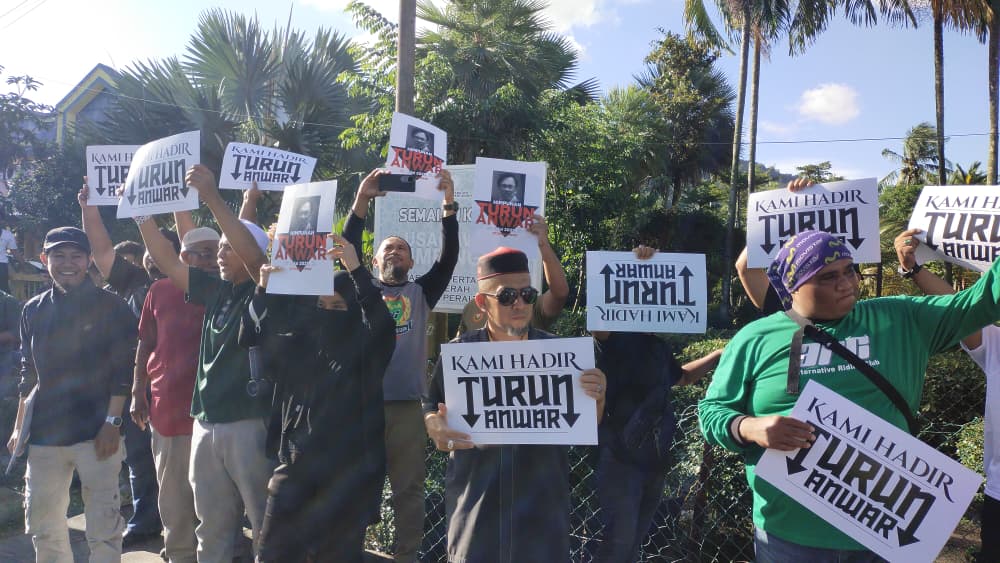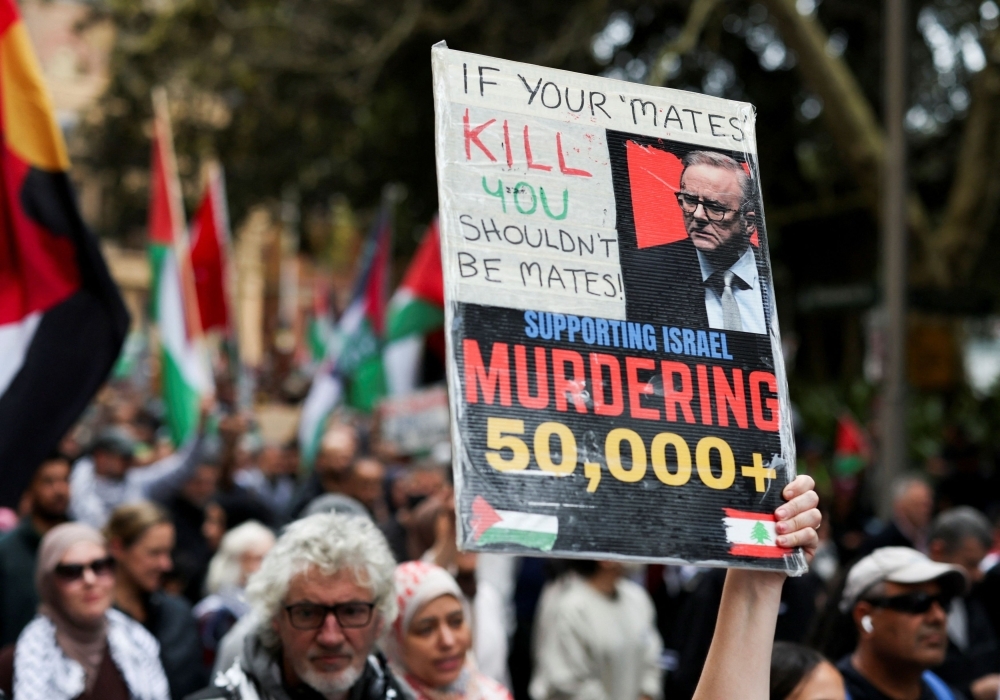In a moment that sent ripples across the global stage, Chinese President Xi Jinping stood shoulder to shoulder with Russian President Vladimir Putin and North Korea’s Kim Jong Un at a grand military parade in Beijing—an image that spoke volumes, without a single word.
On September 2nd, the three leaders walked together along a red carpet near Tiananmen Square, under the eyes of the world. Flanked by Putin on his right and Kim on his left, Xi extended warm handshakes and engaged in conversation with both—an unprecedented sight marking a visible challenge to Western influence and unity.
The parade, held to commemorate 80 years since the end of World War II, was far more than a historical tribute. It was a calculated, bold show of military strength and political alignment among three nations often at odds with Western powers. With Xi’s statement that the world still faces “a choice of peace or war,” and that China is “unstoppable,” the message was clear: Beijing intends to be heard.
Among the heavy machinery rolling through Beijing’s Chang’an Avenue was the intimidating DF-5C intercontinental ballistic missile—boasting a range of 20,000 kilometers. Accompanied by underwater drones, supersonic missiles, and thousands of meticulously uniformed soldiers, the visual impact was powerful.
Xi inspected the troops from an open-top limousine, then rejoined Putin and Kim above the iconic portrait of Mao Zedong at the Tiananmen Gate—a nod to both historical legacy and current leadership.
Though the event was tightly choreographed and heavily controlled—with foreign journalists kept at arm’s length—the symbolism was undeniable. Kim Jong Un’s presence marked his second overseas appearance in six years, and the first time all three leaders were seen together in public. Accompanied by his daughter and sister, Kim’s participation signaled a deepening alliance.
The parade concluded a whirlwind week for President Xi, who had just hosted the Shanghai Cooperation Organisation (SCO) summit—a platform countering Western-centric alliances. While Xi denounced what he called “bullying behaviour” from certain countries, Putin doubled down on defending Russia’s military actions in Ukraine, blaming the West for igniting the conflict.
Western leaders were notably absent, while Russia’s Lukashenko and others joined Xi in a show of regional camaraderie.
Security in Beijing was intense—roads closed, white barricades spanned for miles, and military presence filled the streets. Yet despite the military backdrop, the main takeaway was political: a firm message that China is capable of bringing together two of the West’s most defiant leaders—and that they are willing to show up.
According to Lam Peng Er from the East Asian Institute, Kim’s appearance “demonstrates to the North Koreans and the world that he has powerful Russian and Chinese friends who treat him with respect.” For China, it was a masterclass in soft power and political theatre—underlining its growing role as a global convener.




